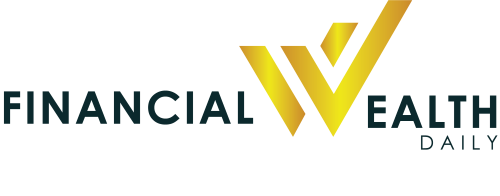By Sudip Kar-Gupta and Elizabeth Pineau
PARIS (Reuters) – France won a record 15 billion euros ($16.17 billion) in foreign investment pledges on Monday, allowing President Emmanuel Macron to bask in the limelight with global CEOs and forget about strained public finances and weak polls for a while.
The bumper crop of pledges, in sectors ranging from artificial intelligence to pharmaceuticals and energy, stood Macron in good stead as he hosted business leaders for the annual “Choose France” summit at Versailles Palace.
This year’s figure is up from 13 billion euros announced in 2023.
The French presidency said the investments included 56 different business projects and could lead to the creation of 10,000 jobs.
Microsoft said it would invest 4 billion euros in France in its cloud and AI infrastructure, expanding its centres in Paris and Marseilles and adding a new data centre in the eastern city of Mulhouse.
Over the weekend, France said Amazon would announce a 1.2-billion-euro investment at the event, to boost its logistics as well as Amazon Web Services’ (AWS) cloud infrastructure.
France is positioning itself as a European AI hub and the investments will help build the data infrastructure critical to support fast-growing, home-grown start-ups like Mistral AI.
Microsoft President Brad Smith said that the investment reflected France’s commitment to a low-carbon energy programme and Macron’s business reforms.
“Sometimes when we turn on the television we get the impression that nothing’s going well in France. I don’t think it’s true,” Macron said alongside Smith at an event unveiling the Microsoft investment.
“There’s a lot that’s working and we don’t pay enough attention to our considerable advantages.”
Macron’s administration has taken flack from opposition parties over public finances after missing its deficit target and warning this year’s fiscal shortfall would be bigger than expected.
Though traditionally strong on economic issues, that has left his party on a weak footing heading into EU parliamentary elections in June with the far-right far ahead in the polls.
Government officials did not give details on what public financial and other support were offered, but the state offers tax credits for certain types of green investments and research and development.
Projects aligning with public priorities like hydrogen or computer chips often qualify for grants while local governments frequently make land available to foreign investors.
Finance Minister Bruno Le Maire said the foreign investments were the fruit of government efforts over the last seven years to cut corporate taxes, which far-left parties say have been far too generous.
Among other groups planning to boost their presence in France, drug companies Pfizer, AstraZeneca, Novartis and GSK announced investments together worth over $1 billion.
Estonian high-power energy storage firm Skeleton Technologies pledged to invest 600 million euros over five years and create 300 jobs.
Spain-based fertiliser group FertigHy planned to invest 1.3 billion euros in a low-emission hydrogen-based plant in northern France, creating 250 jobs.
China’s Hunan Changyuan Lico , South Korean group Enchem and Swiss firm KL1 are due to make investments worth together nearly 1 billion euros in producing materials or components for batteries.
Macron was also scheduled to meet officials from Chinese battery company SVOLT as France pushes to create a battery manufacturing hub in the north.
Le Maire was to host meetings on Monday with the CEOs of JPMorgan, Goldman Sachs, Morgan Stanley and Bank of America, among others.
(Reporting by Sudip Kar-Gupta, Leigh Thomas and Elizabeth Pineau; writing by Leigh Thomas, Editing by Alex Richardson, Lincoln Feast and Nick Macfie)




